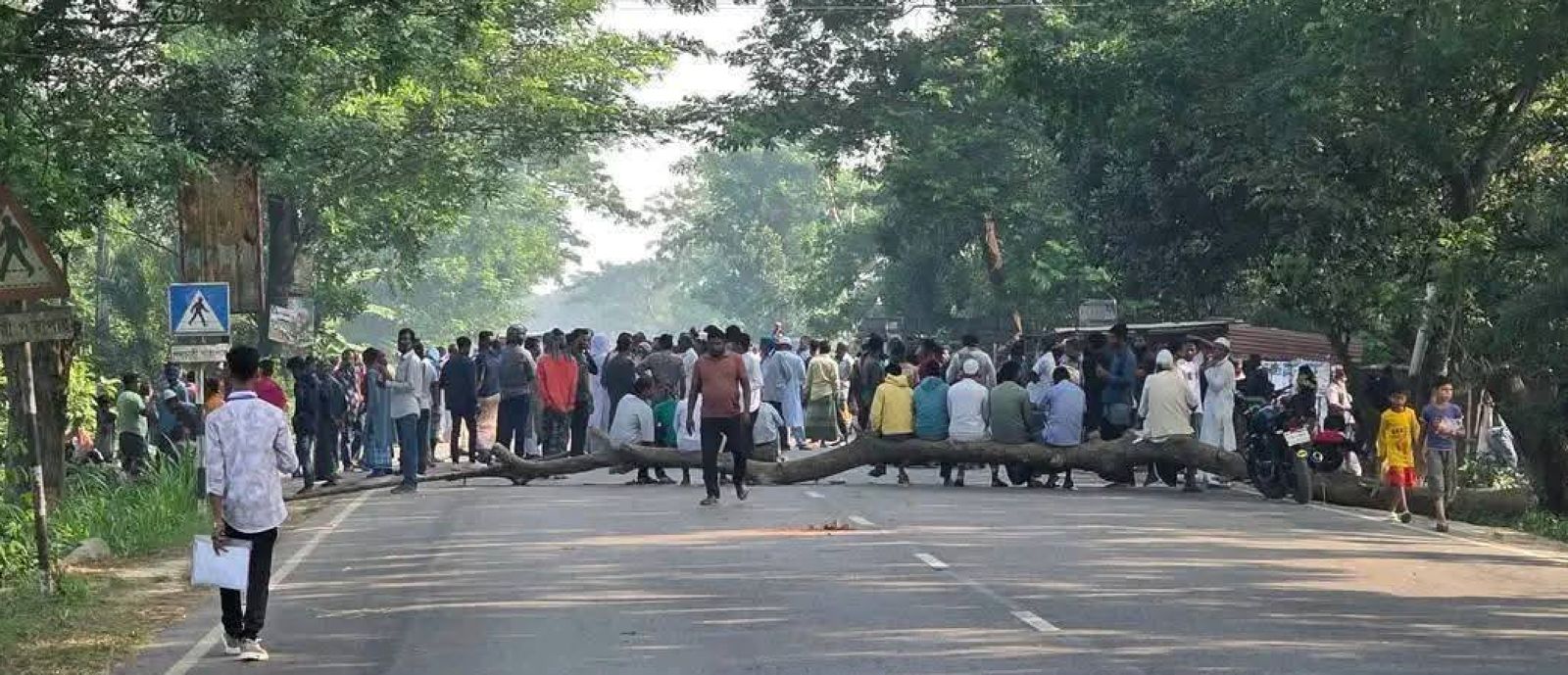Dhaka “immobilized” by explosions and fires ahead of TPI verdict on former Prime Minister Hasina
Tension is high in the capital of Bangladesh and other areas, with violence targeting vehicles and public spaces during the days of protests called by the Awami League against Yunus's ‘illegal government’. There have been about twenty attacks as of last night, with patrols and roadblocks. The leaders of the party excluded from the elections deny any involvement and speak of a government manoeuvre to discredit it. Offices and schools are closed today.
Dhaka (AsiaNews) - Dhaka and numerous areas of Bangladesh are in panic after a wave of arson attacks and explosions of rudimentary bombs targeting vehicles and public spaces. Today, the streets of the capital are strangely deserted, with traffic and pedestrian mobility drastically reduced due to the high level of alert imposed by the security forces.
The violence precedes the International Criminal Court's (ICC) announcement of its verdict in a trial for crimes against humanity against Sheikh Hasina, the former prime minister who was ousted following the mass student uprising in the summer of 2024. The approach of the verdict date, set for today, 13 November, has intensified political unrest across the country.
The unrest coincides with the “Dhaka blockade” called by the Awami League (Hasina's party, which has been excluded from the upcoming elections, ed.), which announced nationwide protests from 10 to 13 November and urged citizens to suspend all activities today. In a video message, Jahangir Kabir Nanak, a member of the party's presidium, urged supporters to “close all vehicles, offices, courts and educational institutions” to protest against what he called the “illegal and militant government of Yunus”, prime minister since 8 August 2024, after Sheikh Hasina.
Last night, the police, the Bangladesh Border Guard (BGB) and other law enforcement agencies stepped up patrols and checkpoints across Dhaka. Searches were intensified in sensitive areas as authorities sought to prevent further unrest. The warning is clear: ‘Anyone attempting to commit acts of violence will be arrested under the highest alert.’
Despite these measures, attacks continued throughout the night. According to the fire brigade, at least five vehicles were set on fire last night in Dhaka, Tangail, Munshiganj, Gopalganj and Shariatpur. Incidents included a bus being burned near Kamalapur railway station at 2:45 a.m., a lorry set on fire in Gazaria after 3:30 a.m. and a pick-up truck destroyed outside the Public Works Office in Gopalganj at around 4:45 a.m. Fortunately, no casualties were reported, although a sleeping bus driver was killed in an earlier fire.
From Tuesday to yesterday evening, at least 20 attacks were reported across the country, including arson attacks on several buses, a train and a bank, as well as explosions of homemade bombs and Molotov cocktails near schools and government offices. Authorities suspect that the violence is politically motivated, although Awami League leaders deny any involvement and accuse the government of staging the incidents to discredit their movement, which supports Hasina.
The Awami League claims that its blockade programme has received ‘unprecedented public support,’ accusing the government of conspiring to undermine its democratic movement. In a press release, the party condemned what it called ‘false harassment cases’ and vowed to continue its fight for political rights.
The streets of the capital, usually congested with heavy traffic, are largely deserted today, reflecting the widespread panic. Businesses, schools and courts remained closed, while factories operated at reduced capacity. ‘The situation is tense everywhere,’ said a Dhaka resident, describing the atmosphere as ‘worse than the hartals of the past.’
Officials have assured citizens that security forces are working to restore order. ‘We are on high alert and monitoring every development,’ said a senior police official. Fire crews remain deployed at hot spots to respond quickly to widespread arson attempts. As the nation awaits the court's verdict, uncertainty looms over the possible further escalation of violence. For now, Dhaka remains virtually under siege, with fear and political polarisation exacerbating the crisis.







.png)










